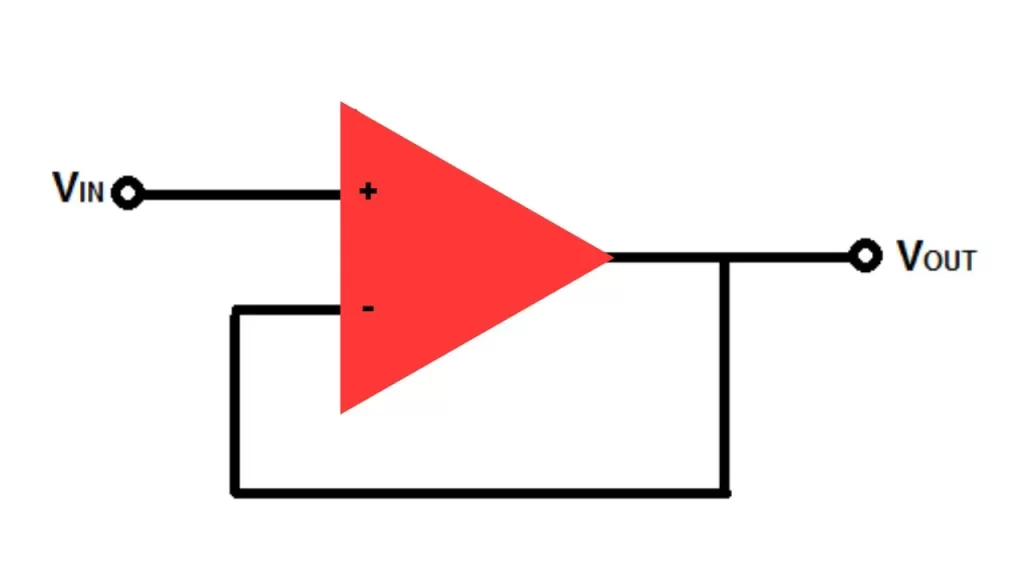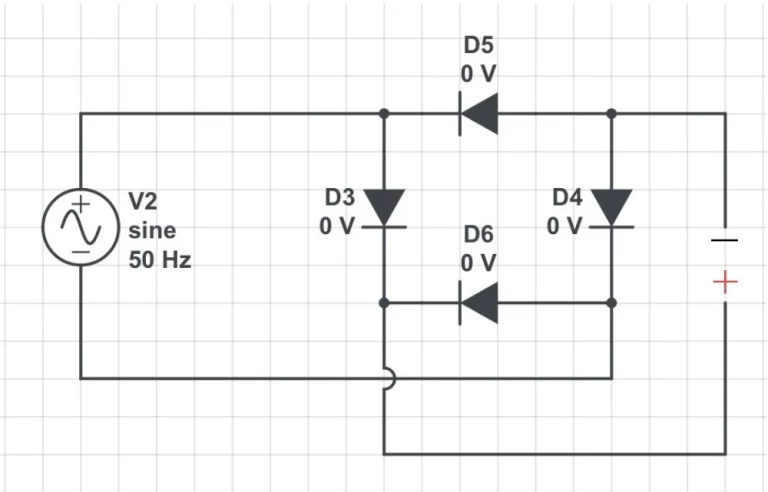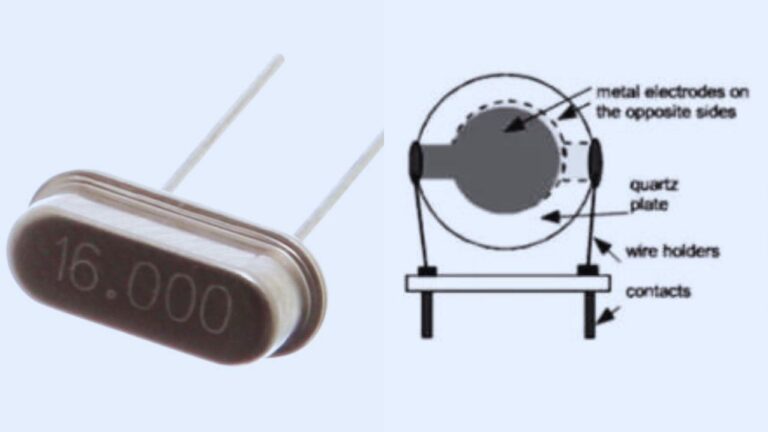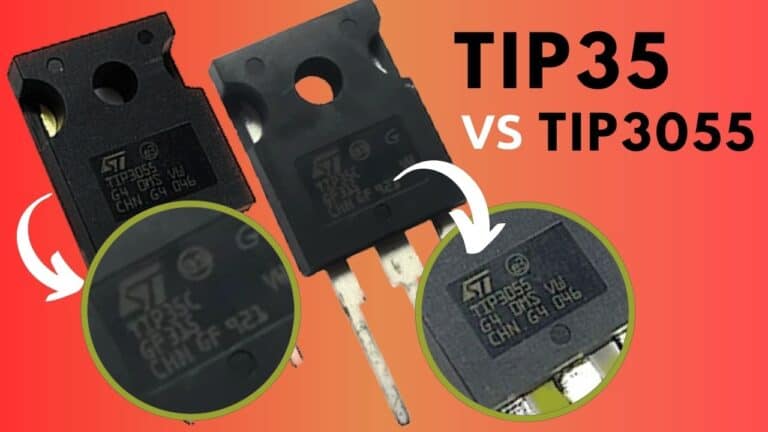What is an op amp unity gain buffer?
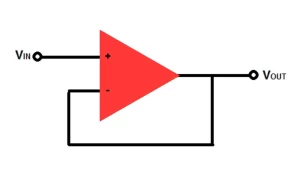
The unity gain buffer or Unity gain amplifier is an op amp circuit, of having the voltage gain of 1. Which means the op amp circuit is not amplifying the input signal that you are providing to it.
The reason for this is called unity buffer or Unity gain. Means the input gives 1 (no gain), so the entire setup gain is known as the unity gain of the op amp.
“The output voltage from the op amp is the same as the input voltage of the op amps.”
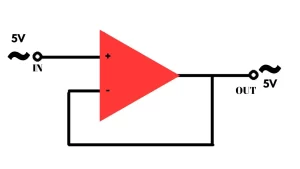
Explaining with example: if you provide 5 volts to the op amp as the input voltage or signal. The same 5v will be obtained from the output.
The unity buffer is providing no extra gain to the input signal; the gain remains the same as what you are fed in input.
The major Purpose of op amp Unity gain buffer
There are several purposes to use the op amp unity gain buffer circuits, that are listed out below.
Op-amp Unity gain Circuit to Matching Impedance
The unity gain op amp circuit has high input impedance, this means that they don’t draw more current from the preceding stage. This is more convenient for matching the impedance between the different stages of the circuits.
Isolation
The op amp based unity gain amplifier provide the proper isolation of the preceding and the following stage. The high input impedance and low output impedance will manage the isolation effectively.
Signal buffering
The unity gain amplifiers act like the buffer. The input signal will not be affected while connecting the output. This is particularly important while working with low impedance components.
Feedback Network
The op amp unity gain amplifier is also used to feedback the signal, to stabilize the gain of the system. So several electronic circuits need a feedback network without the amplification of the input signal.

